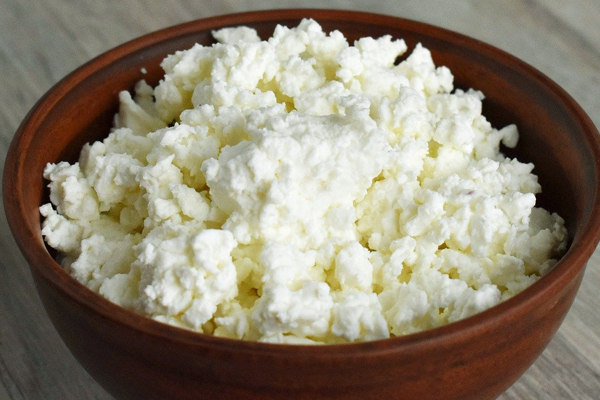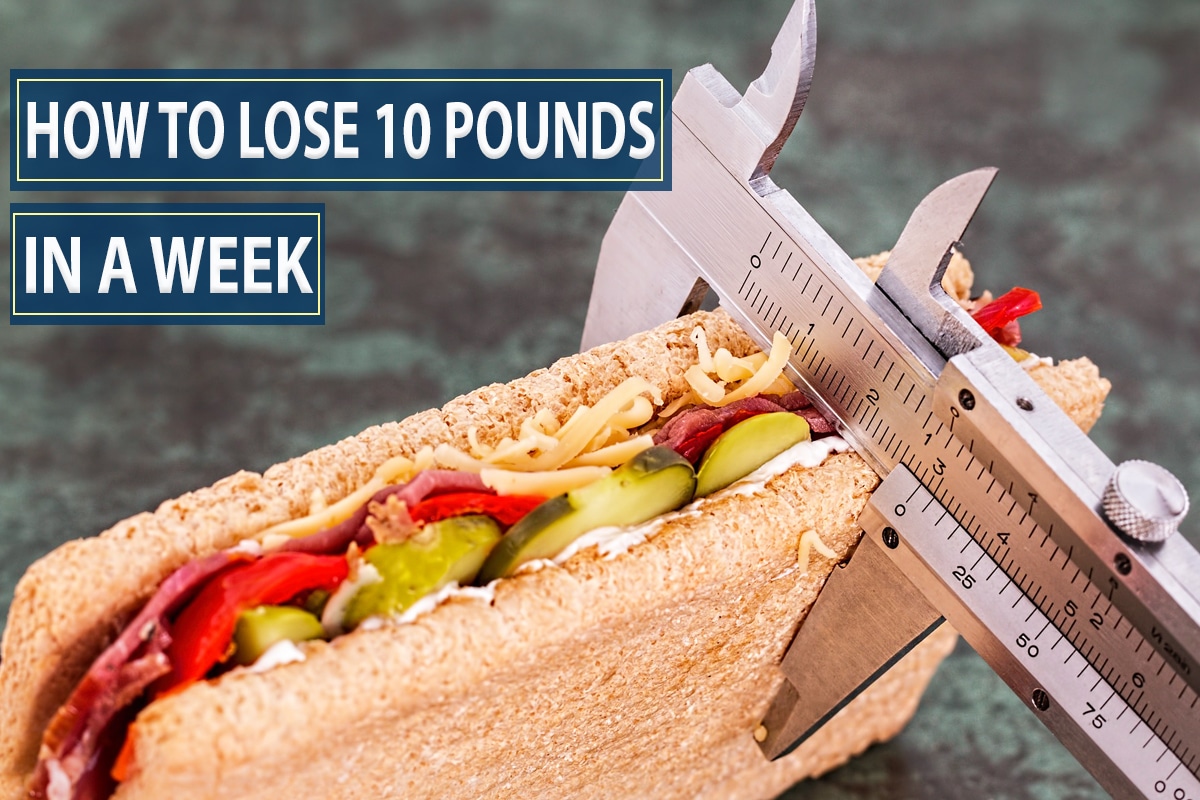Cottage cheese reigns supreme when it comes to choosing healthy cheeses. Those soft white curds have a pleasing and mild flavor that not only tastes great on its own, but is a perfect ingredient in a variety of recipes. Because it’s so versatile, you tend to find cottage cheese sold in sizable tubs.
The expectation is that you’re going to go through it long before the expiration date comes to pass. But, what if you don’t expect to eat quite that much? Can you freeze it to keep it around longer?
Absolutely, cottage cheese can be frozen! You probably anticipated that, though, given the liquid content of this soft cheese. However, just because you can, doesn’t mean that you should. To help you make you decision, lets ask and answer a few more questions relevant to this issue.
Why Would You Want to Freeze Cottage Cheese?
The first and most practical reason is the one we already mentioned — you don’t want what you have to expire. Cottage cheese is what’s called a fresh cheese. Those packages of cheese that say they were “aged?” The exact opposite of cottage cheese. Fresh cheese gains no benefit from sitting around. It doesn’t ripen, it spoils.
How much time does it have? An unopened package lasts roughly 3-5 days past the sell-by date. An opened package will only be good for 5 to 7 days, roughly 1 week. To ensure you get the maximum time, you’ll want to place it in the coldest part of your refrigerator.
Still, that’s a relatively short window, especially if you’ve purchased a large container. There’s only one way to make it last longer, and that’s freezing it.
How Do You Freeze Cottage Cheese?
So, do you just toss it in the freezer? That depends. Have you already opened the package it came in? Do you want to thaw it all out when next you need it or only thaw out one portion at a time?
For both the best results and your convenience, consider the following before initiating the deep freeze.
Whole Fat Freezes Best.
Consider this when purchasing your cottage cheese to begin with. Low-fat and skim options have their own benefits nutritionally, but if you’re going to buy those types, buy them in lower quantities so you can finish them within the natural expiration period.
The higher levels of milk fats present in whole cottage cheese help it to retain more of its flavor and texture through the freezing process.
Air Tight Container.
If you’re freezing an unopened package, you automatically meet this requirement. If you’ve opened a resealable package, you can still use it, but you should also seal it within a freezer bag to be safe.
Why is this so important? If you have less than an air tight seal, the cheese loses moisture into the surrounding air within the freezer. This will dry it out ,and invite freezer burn, essentially ruining it.
Separate Into Portions.
This is a tip for anyone who knows how much cottage cheese they are going to need for a particular recipe. You can separate it into portions by dividing them into a muffin tin, sliding that into a freezer bag, and freezing it that way.
You can also separate it each portion into its own small baggy. Either way, you can pull out just one portion when required, allowing you to thaw it quickly.
After seeing to those considerations, the rest is simple. If you’re using a freezer bag, make sure to squeeze out as much excess air as possible when sealing it. Then you place it into the freezer and let the cold do it’s work.
Freezing cottage cheese extends it’s life up to 6 months! While that’s not forever, it’s 24 times longer than normal. But, it’s not without a cost.
What Happens to Frozen Cottage Cheese?

First off, it loses none of its nutritional value. It’s still just as healthy to consume, sporting an impressive nutritional profile. A single serving offers up hearty helpings of calcium, folate, phosphorus, riboflavin, selenium, and vitamin B12, all at under 200 calories — 70% of which are protein!
Wrap-up!
Now we are clear about can you freeze cottage cheese? but remember, cottage cheese is versatile. As often as it stands alone, it is used as an ingredient in other dishes, and the frozen variant works just as well in these circumstances.
So, while it’s true you won’t be spooning the thawed stuff directly into your mouth, you can still add it to your sauces, cake mixes and lasagnas and suffer no loss of nutrition or flavor.














[…] start with the most important thing about a pizza! Yes its cheese but what is the best cheese for pizza? In addition to the tomato sauce that is mainly used, it is […]